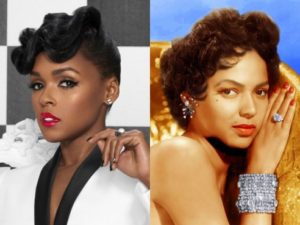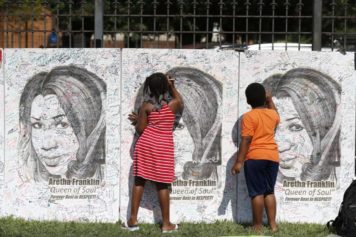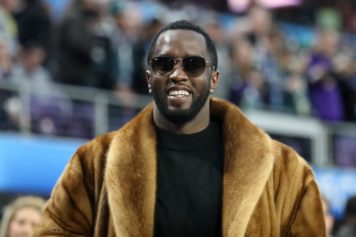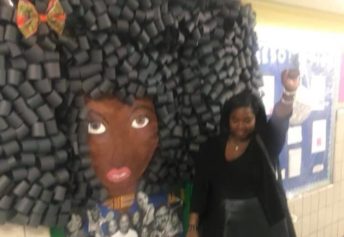
As a young twenty something, I am someone who can appreciate old and new aspects of Black culture. However, I wasn’t always this way. When I was younger, I used to groan when my dad would turn the radio to an old-school R&B station. He would then say, “You don’t like my music, huh? You gotta listen to all kinds of music, not just one.”
My dad developed an appreciation for old and new stuff long before I did. I gradually got used to my dad’s music, especially when we would listen to Tom Joyner’s morning radio show and the old-school-new-school remixes would play. Although one never stood out to me, I would eventually come to associate riding in my dad’s car with the song “I’ll Take You There” by The Staple Singers. The song stuck because it was playing almost every time I rode with my dad.
Even though I had gotten used to my dad’s music, I wouldn’t develop my own old school music taste until I went to college. Despite being raised on Michael and Janet Jackson, I ended up listening to bubble-gum pop in elementary school before transitioning to Top 40 hip-hop and R&B in middle school. While I actually enjoyed bubble-gum pop for a while, I was only listening to hip-hop and R&B to fit in.
In middle school, I had realized that I was pretty different from most Black kids because I was nerdy and didn’t have any after-school activity to participate in. Since I wanted other Black kids to accept me and I couldn’t find any music I related to yet, I listened to artists like Usher, Ludacris, and Mariah Carey.
Once I entered high school, I became friends with a Hispanic girl who introduced me to the alternative rock bands Linkin Park and Evanescence. The band members were mostly white, but unlike the Black musicians on the radio, these bands had lyrics I related to as angsty Black girl.
Once I got into alternative rock, I rarely listened to Top 40 music. I figured there was no Black musician on this planet I could connect to and resigned myself to listening to white musicians for the rest of my life. However, one fateful college assignment led me to the discovery of classic Black rock musicians and forever altered my music taste.
By learning about the origins and development of rock music, I would appreciate not only classic rock, but also blues, jazz, funk, and rock sub-genres like pop-rock and glam-rock. Black musicians such as Chuck Berry and Cab Calloway became favorites alongside white musicians like P!nk and David Bowie. I was also able to become closer to my dad, who introduced me to David Bowie, James Brown, and others via a television documentary about the show Soul Train.
At this point, I still hadn’t found any current Black musicians I liked. Then a few years later, I read a TIME magazine article on a rising Black female singer with a black-and-white tuxedo and Little Richard pompadour. This singer, Janelle Monáe, initially had me skeptical because she was labeled as R&B artist who dabbled in other genres. Fortunately, I gave her album, The ArchAndroid, a chance and my mind was blown.
Janelle Monáe would not only be the first current Black musician I connected to, but would also be the start of a better relationship with current music. A year after I got into her music, I discovered Afro-Punk , a movement with a cornerstone involving hundreds of independent and lesser known Black musicians in a variety of genres. Since most of these musicians were influenced by older musicians, the Afro-Punk movement brought me full circle to old-school school Black musicians.
Music has not been the only way I’ve come to appreciate old and new Black culture. I’ve had a similar experience with African American poetry and Black fantasy and science-fiction.
Instead of deciding whether old things or new things are superior, I’ve found the good in both. By embracing old and new aspects of Black culture, we can enjoy it better, bridge generations, and revitalize it for the future.


